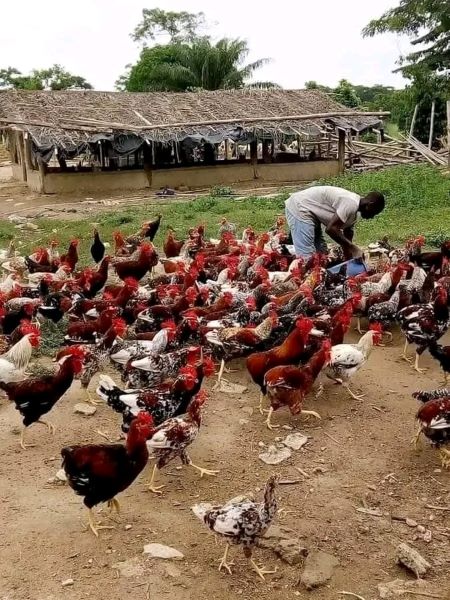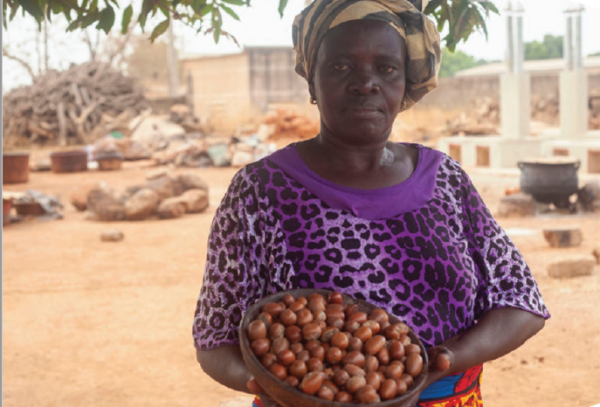The Agri-Business Capital Fund (‘ABC Fund’) has published its third annual Impact Report. It reports that since its launch in 2019, the ABC Fund has cumulatively disbursed a total of EUR€43m to 28 organizations in 11 countries in Africa and Latin America. Over the course of 2022, the ABC Fund financed 7 new organizations including 4 agri-SMEs and 3 financial intermediaries. The average loan size ranged from as low as EUR€242,000 to EUR€4m.
The organizations financed by the Fund since its inception in 2019 support over 594,000 small-scale farmers, 67 per cent of whom are women. The ABC Fund directly supported almost 200,000 smallholder farmers through its financing – this includes, for instance, the farmers who have received pre-financing for their production from a cooperative thanks to the Fund’s financing, or those who have obtained a microcredit from a financial intermediary directly financed by the Fund. The organizations supported by the Fund created 331 new jobs in 2022, a significant increase from the year 2021 during which 14 jobs were created. The farmers working with the agribusinesses and cooperatives supported by the Fund have produced over 235,144 metric tons of agricultural products since the ABC Fund’s financing started, and 106,176 metric tons of agricultural products in 2022[1].
The ABC Fund is dedicated to supporting small-scale farmers in developing, mainly African countries – with a broader vision of tackling rural poverty and food insecurity and supporting sustainable and inclusive agricultural ecosystems. The ABC Fund provides loans to farmers’ cooperatives, agri-SMEs and rural financial institutions that have growth and job creation potential but lack capital to grow – and combines this with technical assistance to help these organizations fulfil their potential. Through this two-pronged approach, the Fund aims to achieve meaningful and lasting change for small-scale farmers in the countries in which it operates. The ABC Fund has a blended finance structure, where public and private investors assume different risks and receive different returns.

This third annual report shows the Fund has a positive impact on more and more farmers and their communities, year-on-year. The report presents the investment portfolio in detail and has some compelling case studies from countries such as Mali, Benin, Ghana, Côte d’Ivoire, and Colombia.
Thouraya Triki, Chair of the Board of the ABC Fund, Director of IFAD’s Sustainable Production, Markets and Institutions Division added: “By delivering an integrated package of financial solutions and technical assistance to innovative and impactful organizations, the ABC Fund is supporting agricultural ecosystems and in turn, helping to drive inclusive food systems in the communities in which it operates.”
Jean-Philippe de Schrevel, Founder and Managing Partner, Bamboo Capital Partners, commented: “In 2022, the ABC Fund continued to fulfil its mission. Through its investments, the Fund contributes to sustain the livelihoods of nearly 600,000 farmers, increase their resilience to climate change and reinforce agricultural value chains in its target countries. Beyond financing, the Fund also provides Technical Assistance to help strengthen the organizations pre- and post-investments, through its Technical Assistance Facility as well as its new partnership with the Smallholder Safety Net Upscaling Program (SSNUP).”
[1] One metric ton of food, when composed of cereals, pulses, and oil, estimated to be sufficient for approximately 1,660 people for one day – meeting their minimum daily energy intake of 2,100 kilocalories








